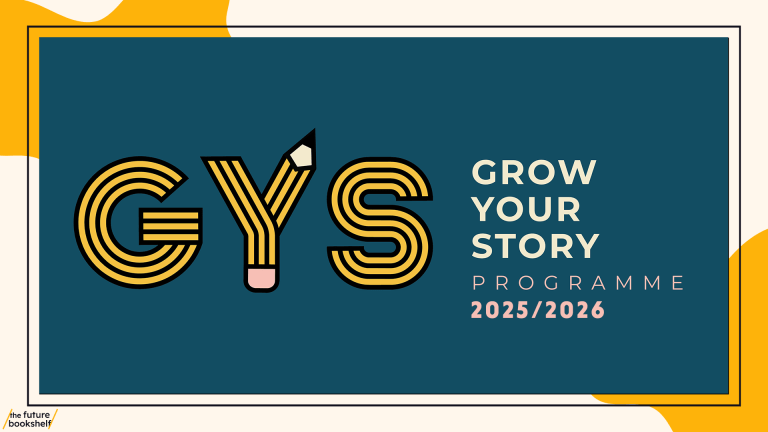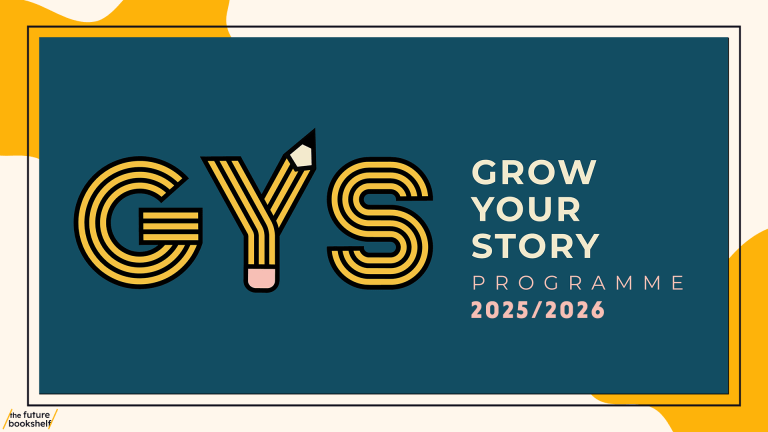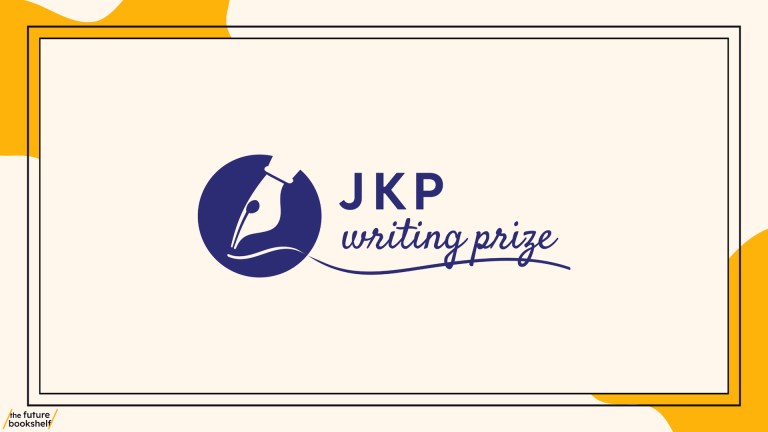‘You won’t always find the answers on the page’
Understanding the different types of Writer’s Block
from Get Started In Writing a Novel by Stephen May, Nigel Watts And Jodie Daber
Technical and non-technical writer’s block
When Nigel Watts wrote the first edition of Get Started in Writing A Novel, he identified two types of writer’s block: technical and non-technical. He asserted that of these, technical writer’s block was the easiest to deal with, by methods such as doing more research so that you can maintain credibility in the story, or deepening your understanding of your characters so that they come alive, or plotting more thoroughly so that you can proceed with the story telling.
Non-technical writer’s block is the result of something other than the story. And if this is the case, then you won’t find the answers on the page. They are, however, quite often found by going for a walk. I’m a big fan of walking. I think walking pace is the proper speed of thought. We are hunter-gatherers, meant to run in short bursts infrequently and to spend the rest of the time sleeping, walking, eating handfuls of berries and telling stories. Walking and writing are the same thing in many ways. Walking along, muttering to ourselves, is certainly one of the quickest ways to unblock a story. Fresh air, a raise in the pulse, the sensation of steadily moving forward, taking time to notice both the amazing view and the tiny flowers by the road. And making a mental note of odd incongruous sights – the rusting Morris Oxford in a field, the high-fashion shoe in a stream – all of these are proper writerly activities and analogous to putting together a story that grips.
Hilary Mantel
‘If you get stuck, get away from your desk. Take a walk, take a bath, go to sleep, make a pie, draw, listen to music, meditate, exercise; whatever you do, don’t just stick there scowling at the problem. But don’t make telephone calls or go to a party; if you do, other people’s words will pour in where your lost words should be. Open a gap for them, create a space. Be patient.’
“
Physical blocks
Sometimes our physical environment is at odds with our ability to produce our best work. It might be that you need a new chair or a decent desk. You might need a computer that doesn’t make strange buzzing noises. You might need to start writing in the library, or at a different time of day. Sometimes a simple change of scene will do the trick.
Exercise might unblock you. Writers lead notoriously unhealthy lives, so taking up a sport might counteract lethargy or fatigue. Alcohol, caffeine, cigarettes and complicated love lives are also not friends to writers, despite what Ernest Hemingway tried to get us all to believe. It is sad but true that for most of us the best conditions for writing are those recommended by the Scout movement: fresh air, exercise, a good night’s sleep, a healthy diet. In order to write well we should try to live like a well looked-after Labrador.
Emotional blocks
Hemingway (I know, him again) said you should ‘write hard about what hurts’, but it’s hard to do this. Sometimes we lock in feelings that demand an outlet and the pressurized contest between the desire to go somewhere dark and the fear of what we might find there causes a kind of stasis. We know we have to pick over memories that are hard to process, but it doesn’t make it any easier to do. Or we might need to write something that we think others will find difficult to hear. But your truth is valid and, although you shouldn’t be wantonly destructive, you might only be able to move on in your novel when you acknowledge your right to tell your version of the truth in the way you can.
Psychological blocks
Psychological blocks are the result of negative beliefs of long standing. I began writing seriously in 1998, a year that was dominated by two major life events: (1) My father dying and (2) meeting my wife.
My father was a clever bloke. An autodidact, he had grown up in quite extraordinary poverty with undemonstrative parents. His father died when he was in his teens and my dad worked hard to get himself an education that would mean he could escape the soul-grinding desperation of the life many others of his class had to endure. There was no prospect of university. He was, deep down, kind-hearted but he was also thwarted and difficult, competitive with his children. A man who always had to be right, who was capable of incredible, bewildering rages that came at unpredictable times. He also drank way too much. I loved him, of course I did, but I was afraid of him for a long time – and also afraid that I would grow to be like him.
My dad wanted his children to be clever and do well. But he didn’t actually want them to be cleverer or do better than he had, so he was quite belittling of any effort to develop, particularly if it was at something creative. Partly this was a simple fear of destitution. In my dad’s world artists tended to starve or needed someone else to support them, and he didn’t want it to be him.
My first short play with a professional cast was produced just a couple of months before he died and when I rang – naturally excited – to tell him, he said, ‘Well, don’t expect me to come. I hate the New Theatre.’ And I was quite upset. And puzzled. What was this thing called the New Theatre, and why did he think I was going to be writing it? Even now I’m a bit shocked. Can you imagine saying that to a child – even a grown-up one – that you wouldn’t come and see their work? And for that to be your first reaction? Still, he was as good as his word because he didn’t see it. He couldn’t. He died suddenly a few weeks later. I was devastated by his death. But it’s also become clear to me that my dad’s personality and domineering presence had acted as a break on all my efforts at self-expression (he wasn’t
the only retarding influence – I also laid plenty of traps for myself without his help).
I tell this story, because it might be that you have similar roadblocks stopping you telling your stories. You can’t wait around for the obstacle to remove itself. You need to identify it, confront it and move on from it.
One thing is certain: ignoring your negative feelings about yourself will hold you up. People worry that they are not academic enough to be a good writer; or not imaginative enough; or that they’ll be attacked for saying what they think or feel. People often feel that writing books is ‘not for the likes of them’ and this is often because at some unconscious level a teacher, or a parent, has told them this. Or somehow they have imbibed it from the mass media, where, it
is true, most writers seem to come from the Oxbridge-attending classes.
But you don’t need to be academic to write books. You don’t need an off-the-wall imagination and everybody has the right to express themselves.




